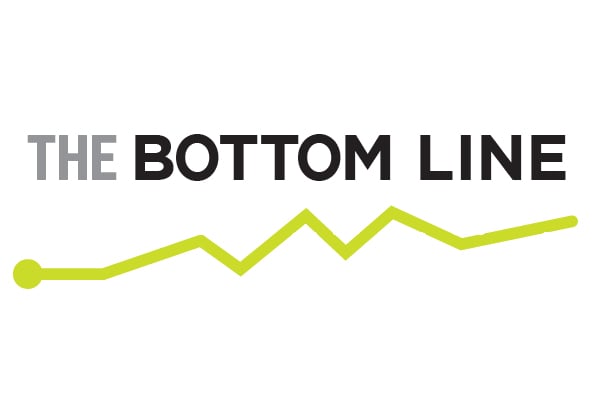The Bottom Line: Nobis Group, BAE Systems and Skillsoft Global Knowledge
A roundup of news updates from public companies in NH and nationwide

Itaconix plc (AIM: ITX) (OTCQB: ITXXF), a leader in plant-based specialty polymers, has announced the commercial launch of BIO*Asterix, a new line of sustainable, functional building blocks for use in paints, coatings and adhesives.
BIO*Asterix products are itaconic acid derivatives designed to replace fossil-based acrylate, methacrylate and styrene monomers in resins and composites. The initial launch includes three products — one of which is a new patented monomer — targeting the $2.6 billion butyl acrylates market in Europe and North America.
Itaconix will sell BIO*Asterix through its new ecommerce platform, www.bioasterix.com, with initial customers expected to be academic and industry labs focused on sustainable polymer innovation.
The launch marks a shift from limited customer targeting to a broader commercialization strategy. The company plans to expand the BIO*Asterix line with both proprietary and non-proprietary itaconate derivatives, supporting long-term growth in the acrylic acid market.
CTO Dr. Yvon Durant noted that BIO*Asterix monomers offer safer, plant-based and multifunctional alternatives ideal for polymer research. CEO John R. Shaw emphasized the significance of itaconate derivatives in enhancing the safety, performance and sustainability of consumer products.
The global online food delivery market is poised for massive growth, projected to reach $2 trillion by 2030, according to Stocklytics.com. What began as a pandemic-driven necessity has evolved into a daily habit for millions, especially tech-savvy millennials and Gen Zs.
In 2025, global food delivery spending is expected to hit $1.39 trillion — up $188 billion from 2024. Grocery delivery will lead the charge, accounting for 67% of that total with $938 billion in revenue, while meal delivery will contribute $455 billion. Statista forecasts the market will grow by $125 billion annually, making food delivery the equivalent of the world’s 12th-largest economy by 2030.
Most of the growth will come from grocery delivery, which is projected to surge 60% and generate $1.49 trillion by 2030. Average user spending in this category will jump by $100 to over $640. Meanwhile, the meal delivery segment is expected to grow 15%, reaching $520 billion, with per-user spending inching up to $208.
Leading platforms like Uber Eats, DoorDash, Deliveroo, and Just Eat are adapting to sustain growth by offering subscriptions, loyalty programs and AI-powered logistics to boost efficiency and margins.
Since 2017, food delivery app users have surged to 3.1 billion in 2025 — nearly 37% of the global population. By 2030, that number is expected to rise to 3.9 billion, fueled by expanding services and the ongoing demand for convenience.
As the industry matures, the focus is shifting from rapid growth to long-term sustainability, with innovation driving both profitability and widespread adoption.
iCAD, Inc. (NASDAQ: ICAD), a global leader in AI-powered cancer detection, announced that independent proxy advisory firms ISS and Glass Lewis have recommended that stockholders vote “for” the proposed acquisition by RadNet, Inc. at the Special Meeting that took place on July 14.
Under the merger agreement, RadNet will acquire iCAD in an all-stock deal. The transaction aims to accelerate the integration of iCAD’s ProFound AI breast health technology into RadNet’s DeepHealth portfolio, broadening access to early breast cancer detection solutions.
After reviewing the deal, ISS and Glass Lewis both concluded it is in the best interest of iCAD shareholders, citing the board’s evaluation of strategic alternatives, the implied premium and the opportunity for shareholders to benefit from the future upside of the combined company.
iCAD’s board of directors unanimously supports the merger and urges all eligible stockholders — those holding shares as of May 16, 2025 — to vote in favor of the acquisition and related proposals.